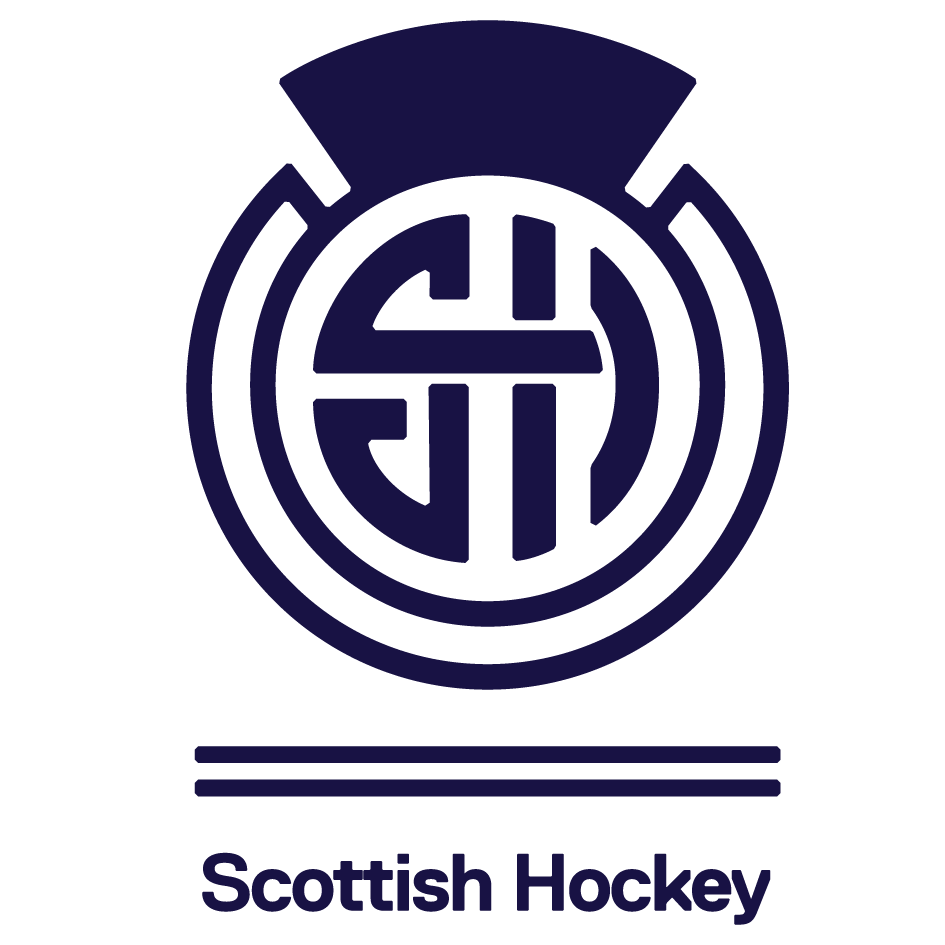Body Image
The female athlete psychology resource page has been developed to support female athletes, and those who work with female athletes, by providing helpful information, guidance, and resources. The topics covered in this resource include mental health, body image, and leadership. This page was developed by Mhairi McGregor, a trainee Sport and Exercise Psychologist studying a Doctorate at Glasgow Caledonian University. Mhairi was brought in as a consultant and completing this project has contributed to her degree.
Please note, this webpage is designed as guidance and if you need of urgent help or medical advice for yourself or someone else, please contact 999 or the Samaritans on 116 123. If you are looking for medical advice, contact your GP or 111.
What does body image mean?
Body image is a term that is used to describe how individuals think and feel about their bodies. The thoughts and feelings could about how an individual views their own body, how satisfied they are with their body, and how much they value people’s thoughts and opinions about their own body. A poor body image would refer to when an individual’s thoughts and feelings centre around being unsatisfied with their body and its appearance [1]. Societal notions around what the “female athlete body” should look like are typically generated due to stereotyping and lack of understanding. The societal pressure to look a certain way can be heightened by social media. Social media can be a positive place to source sponsorship opportunities and showcase an athlete’s journey; however, social media can be a source of unwanted comments and societal pressure in relation to an athlete’s body image [2].
Body Confident Sport (FIH)
The International Hockey Federation (FIH) launched a worldwide ‘Body Confident Sport’ program aiming to increase girls (aged 11 – 17) confidence about their body image. They launched this due to the startling figure that 45% of girls quit sports by the age of 14 due to low body confidence. Scottish Hockey discovered a similar finding in their recent Women and Girls Health in Hockey survey, finding that 41% of respondents had experienced body image as a barrier to playing sports. FIH created body confident coaching for anyone who is influential in a young female athletes’ life, including coaches, parents, PE teachers, and more (https://academy.fih.hockey/women).
How can we overcome body image challenges?
Body image is evidently a concern for female athletes, so what can be done to improve female athlete’s experiences in sport? Inclusive kit can be a step towards making female athletes more comfortable. Research has shown that wearing white lower body items can make female athletes uncomfortable due to concerns about having leakage whilst on their menstrual cycle [3,4]. Female football teams, such as England, France, and New Zealand, have said they do not want to wear white shorts and in 2023 Wimbledon changed its all-white dress policy to allow women to wear dark undershorts [5]. Tess Howard, Team GB Olympian with over 100 caps for GB hockey, launched the Inclusive Sportswear project (https://www.inclusivesportswear.com/) due to the role sports kits have on amplifying body image concerns. Howard found that 3 out of 4 women drop out of sport due to body image concerns. Key concerns revolved around how the kit fit, how easy it was to move in the kit, the confidence the kit gave females to perform, and the sporting organisations rules surrounding kit [6]. The Inclusive Sportswear webpage has helpful guidance that provides advice on how promote and provide inclusive sportswear (https://www.inclusivesportswear.com/guidance).
Self-help tips:
Gaining a positive body image can be challenging. To promote positive body image, there are common tips from Young Minds (https://www.youngminds.org.uk/young-person/coping-with-life/body-image), Well Being Trust (https://wellbeingtrust.org/bewell/10-ways-to-practice-body-positivity), and Beat (https://www.beateatingdisorders.org.uk/get-information-and-support/get-help-for-myself/self-help-and-self-care/body-image/):
- Distraction techniques – divert attention away from negative thoughts about your body
- Think about what you appreciate yourself – not just about your body, but about your personality, achievements, strengths, and abilities
- Self-compassion – speak about your body as you would to a friend or teammate
- Reduce negative influences – unfollow accounts that make you feel negatively about yourself
- Body gratitude – be grateful for what your body can do rather than what it looks like
If you feel like you need professional help, Beat offer a free helpline available through phone, email, webchat or letter. The number for Scotland is 0808 801 0432 and is open from 3pm – 8pm Monday through to Friday (https://www.beateatingdisorders.org.uk/get-information-and-support/get-help-for-myself/i-need-support-now/helplines/)
1. Mental Health Foundation: MHF (n.d.) Body image report. https://www.mentalhealth.org.uk/our-work/research/body-image-how-we-think-and-feel-about-our-bodies/body-image-report-introduction.
2. Stoyel, H., Delderfield, R., Shanmuganathan-Felton, V., Stoyle, A., & Serpell, L. (2021). A qualitative exploration of sport and social pressures on elite athletes in relation to disordered eating. Frontiers in Psychology, 12. https://doi.org/10.3389/fpsyg.2021.633490.Findlay, R. J., Macrae, E. H., Whyte, I. Y., Easton, C., & Forrest, L. J. (2020). How the menstrual cycle and menstruation affect sporting performance: experiences and perceptions of elite female rugby players. British Journal of Sports Medicine, 54(18), 1108-1113. https://doi.org/10.1136/bjsports-2019-101486.
3. Pinel, C. J., Mehta, R., & Okholm Kryger, K. (2022). The impact and experienced barriers menstruation present to football participation in amateur female footballers. Journal of Sports Sciences, 40(17), 1950-1963. https://doi.org/10.1080/02640414.2022.2122328.
4. Krumer, A. (2024). On the cost of wearing white shorts in women’s sport. Journal of Behavioural and Experimental Economics, 110. https://doi.org/10.1016/j.socec.2024.102214.
5. Howard, T. (2023). Practical, professional or patriarchal? An investigation into the socio-cultural impacts of gendered school sports uniform and the role uniform plays in shaping female experiences of school sport. Sport, Education and Society, 29(6), 726-743. https://doi.org/10.1080/13573322.2023.2189232.
In This Section
Please select a section you would like to view.


